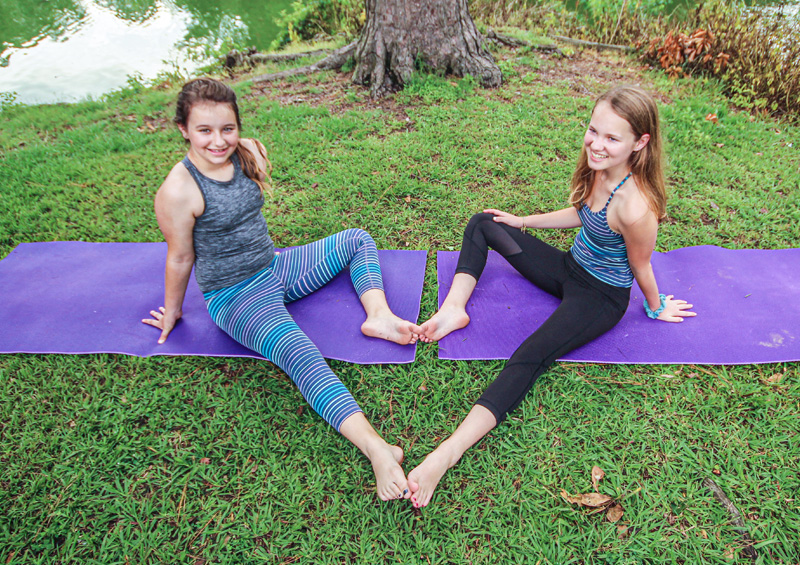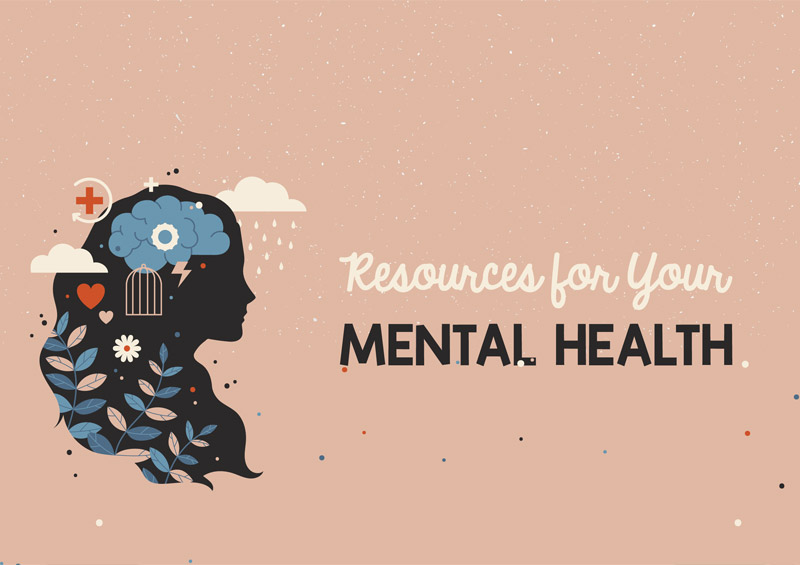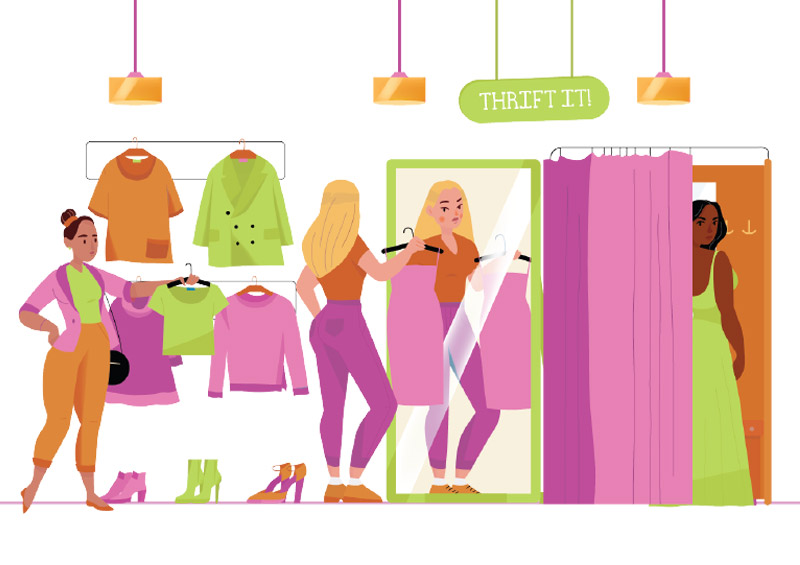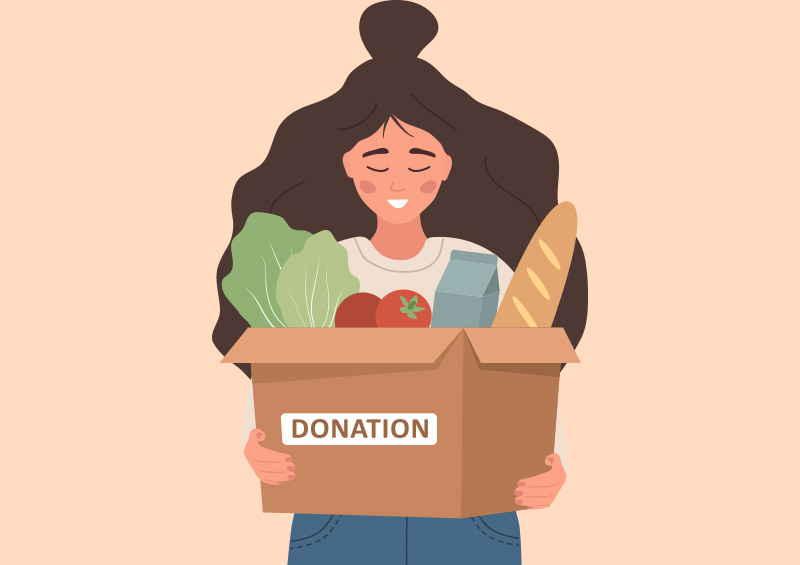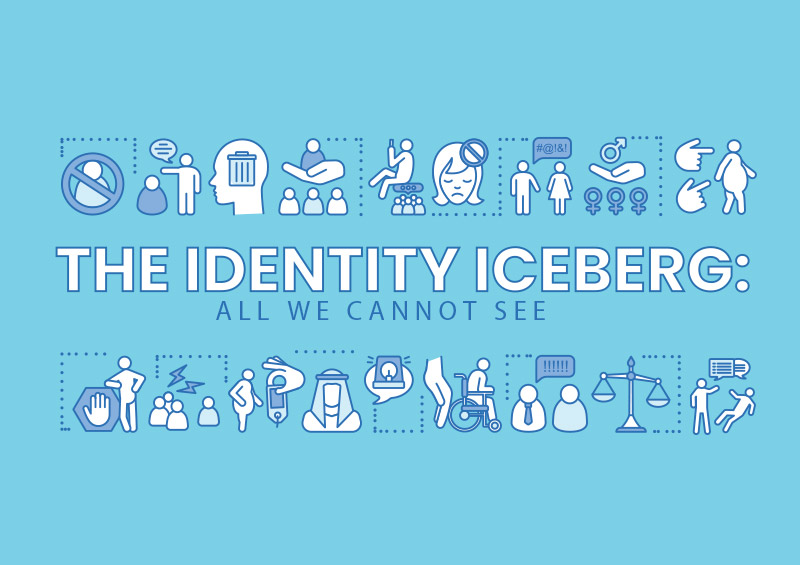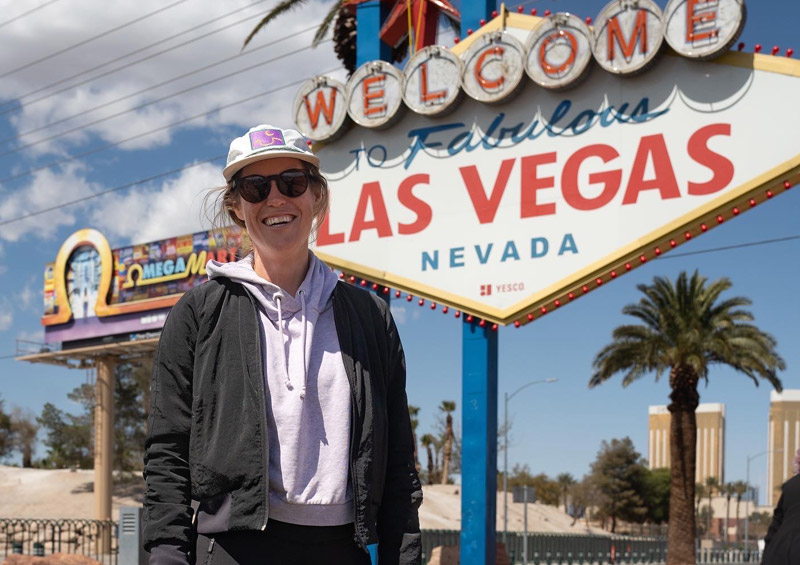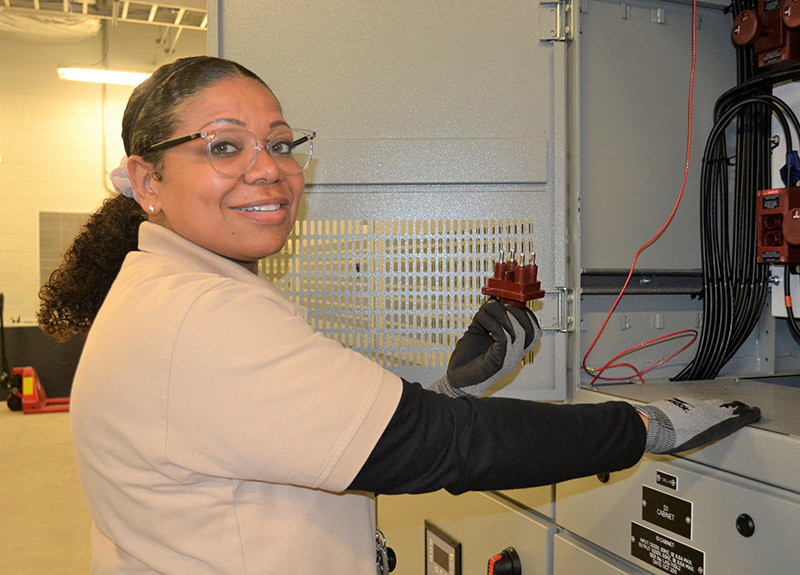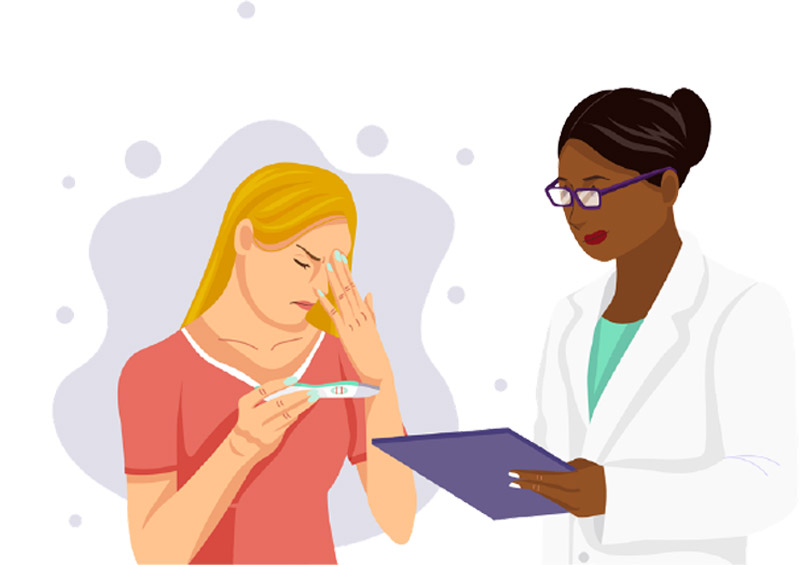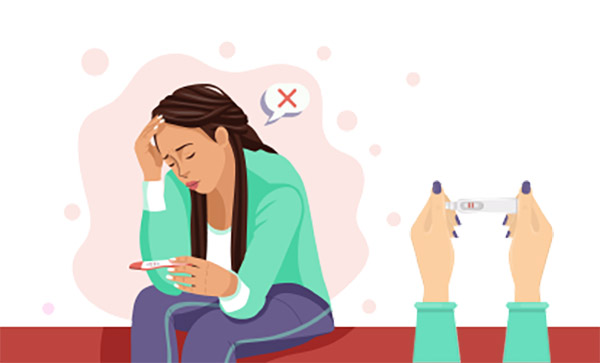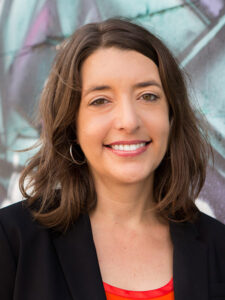Imagine that you just found out you are pregnant.
For some young people, this may be exciting news; for others, it is not. Questions swirl: How can I take care of a baby and finish school? How can I afford to be a parent if I don’t finish school? How will my parents and other family members react to this? Will they support me? Will they kick me out of the house? Will I need to give the baby up for adoption? Do I have to become a parent now?
In 2020, there were 3,676 births to teens in Louisiana. It is important to understand the reality that many parenting teens are up against. For example, we know that young mothers are significantly more likely to drop out of high school, face unemployment, and earn less money than their non-parenting counterparts. We also know that about one in four children already live in poverty in Louisiana and that the state ranks 49 out of 50 in child well-being.
Much more needs to be done to address the issues that pregnant and parenting young people face in Louisiana. That is especially true since June 24th, 2022, when the United States Supreme Court overturned Roe v. Wade, the landmark case that protected the right to abortion in 1973. The result is that states can now ban abortions in almost all circumstances. Louisiana is one of several states that has made abortion illegal—except to save the life of the pregnant person or if the fetus is unlikely to survive. There is no exception for rape or incest. Young people seeking to terminate a pregnancy will have a difficult time accessing abortion care because the nearest clinic is hundreds of miles away. Traveling to another state may also be impossible if they don’t have a parent or guardian with them or don’t have their permission to travel. Teens who decide to surrender their baby for adoption must have the consent of their parents or have the consent of the court. Parental consent is not required if an agency has custody of the child and the court finds adoption to be in the child’s best interest.
Access to comprehensive sex education and contraception is key to helping young people prevent unplanned pregnancy in the first place. Health education that covers abstinence as the most effective form of birth control but also includes information about different methods of contraception and the prevention of sexually transmitted infections (STIs) is critical. In Louisiana, there is no mandate for comprehensive sex education, meaning that schools are not required to teach sex education, leaving the state with limited schools that provide this essential information to students. Young people under 18 also need permission from their parents to get a prescription for birth control, unless they are married, or unless a doctor determines birth control is an appropriate treatment. However, Title X clinics provide confidential birth control prescriptions to minors without parental consent. It is long past time for our state leaders to be doing more to empower young people with information and access to reproductive health care services so they can maintain their bodily autonomy and make healthy decisions.




